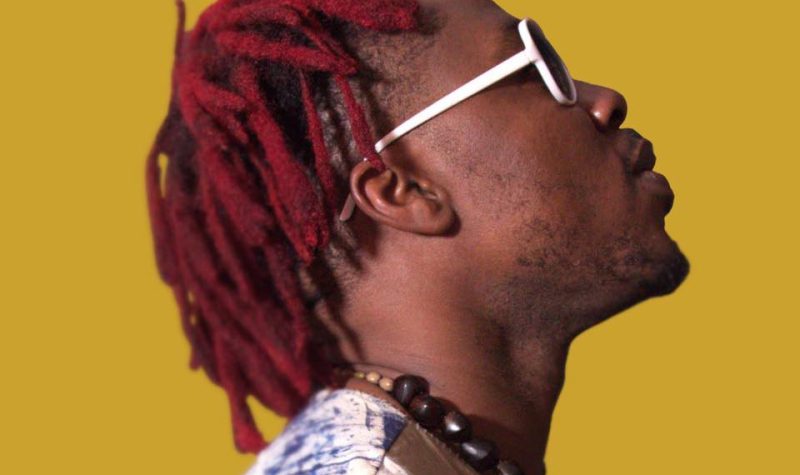An Ottawa-based musician, producer, poet and lyricist wants to inspire the next generation of Black and African artists to achieve their musical dreams.
Wise Atangana was born and raised in Cameroon, where he developed a love of music and storytelling. He began his career in 2011 with a debut mixtape called Street Family, followed by his first album, Paix et non-violence in 2012. He combines traditional African percussion with contemporary hip-hop and Afrobeat elements. His latest album, Messimba, was released last month.
Atangana moved to Ottawa in 2013 for “music and family” and has since become a local icon in the city’s hip-hop scene.
In an interview with CHUO, Atangana describes the contrast between producing music in Canada and Cameroon.
“I was born and raised in Cameroon, and I feel like I was in a melting pot of a lot of culture,” says Atangana. “The thing is that in Cameroon, the [music] community is big. But… in Canada and in Ottawa, as an artist it’s a little bit more difficult, because it’s a very regional and segregational industry. Like what happened in Ontario? Nobody knows in Quebec, nobody knows in Vancouver.”
Atangana says moving to Canada was tough at first because there weren’t many well-known African musicians in Ottawa for him to learn from. That’s why he started the Afro-Black Cultural and Media Centre, which aims to instil leadership skills in Black and African youth and immigrants through workshops, e-learning, and outreach work.
“It was an activism project to help the next generation to really think differently,” says Atangana. “To use music, creativity, or other things to deconstruct all the systemic barriers, stereotypes, that create the racism and discrimination.”
The Centre is a talent agency for Ottawa’s Black and African youth, artists, and organizations, providing services such as running public relations campaigns, business promotion, event management, and digital marketing. It also has a professional recording studio, which is available for emerging artists to rent at an affordable price.
Atangana often works with children, and says he’s proud to be a positive role-model for young people in Ottawa. His latest album, Messimba, is intended to bring “positive mental vibrations” to his listeners in a time of loneliness.
“The whole concept is that no matter who you are, just believe in yourself, love yourself, be yourself,” says Atangana. “There's a lot of things that don't really help us to express ourselves. But the key is, you can break out of that barrier in your mind and pray for that positivity in yourself.”
There are over 250 languages spoken in Atangana's home country of Cameroon, including French and English. Cameroon was under colonial rule, most recently by France, until 1960, when it won its independence.
Colonial European powers and Christian missionaries worked to eliminate spoken Indigenous languages, and perpetuated the spread of European languages in the region.
Atangana, who was brought up by his grandparents to honour the oral tradition of his people, the Fan-Beti, combines both French and his mother-tongue, Ewondo, in his lyrics.
His stage name, Wise, was chosen to represent the wisdom of his ancestors, while Atangana means “storyteller.” Like many of his previous works, Messimba’s title also has ties to Atangana’s cultural heritage.
“Messimba in my mother tongue means ‘miracle,’” says Atangana. “Miracle for me is like a mindset, because you can choose to be positive or negative, but you will pay the price of both of them. The message is to vibrate positively in your mind. When you're faced with discrimination, barriers, difficulties, that really helps you to take care of yourself, to love yourself, and to have empathy to people who are trying to put you down.”
With COVID-19 restrictions easing in Ontario, Atangana is looking forward to performing live again soon. He says there is even the possibility of an international tour in the near future.
Tickets are on sale now for Atangana’s upcoming show at the Gladstone Theatre in March.
Listen to the CHUO story below:


